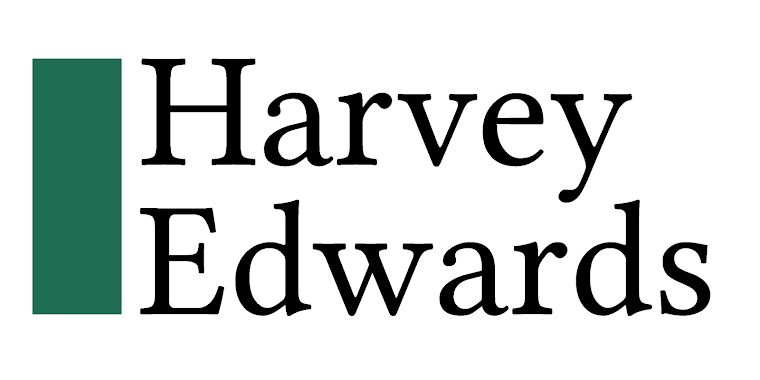An end to the "Disadvantaged Area Relief"
Disadvantaged Area Relief (DAR) provides exemption from paying Stamp Duty Land Tax (SDLT) on certain transactions.
DAR will be abolished for transactions with an effective date on or after 6 April 2013, so claims need to be processed and submitted no later than 5 March 2014.
DAR can reduce the amount of Stamp Duty Land Tax (SDLT) payable for property purchases made in areas designated by the government as "disadvantaged". All claims for DAR relief in relation to the purchase of residential properties with an effective date on or before 6 April 2013 must be made by 5 March 2014. Any late applications will be rejected.
If you are not sure whether your transaction qualifies please contact us and we will be happy to help you get your money back or reduce your liability all together where applicable.
DAR will be abolished for transactions with an effective date on or after 6 April 2013, so claims need to be processed and submitted no later than 5 March 2014.
DAR can reduce the amount of Stamp Duty Land Tax (SDLT) payable for property purchases made in areas designated by the government as "disadvantaged". All claims for DAR relief in relation to the purchase of residential properties with an effective date on or before 6 April 2013 must be made by 5 March 2014. Any late applications will be rejected.
If you are not sure whether your transaction qualifies please contact us and we will be happy to help you get your money back or reduce your liability all together where applicable.
